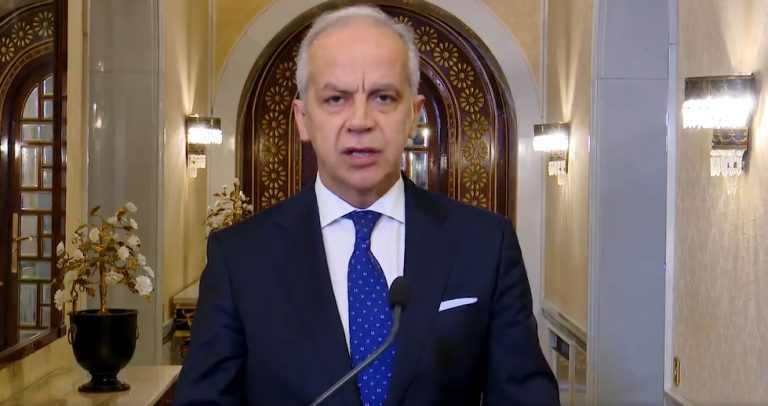Italian Interior Minister Matteo Piantedosi expressed his optimism about “the agreement between the European Union and Tunisia on the migration issue”.
In statements from Washington where he is visiting, relayed this Wednesday by the Nova press agency, Piantedosi expressed himself in these terms: “if there is a risk of cancellation of the agreement between the Union European Union and Tunisia on the subject of migrants, we will have to question the protagonists of the negotiations, but I do not think so”.
He mentioned the rapprochement in positions between the Tunisian President, Kaïs Saïed, and the President of the European Commission, Ursula Von Der Leyen. “I think there are conditions, but it is legitimate to be optimistic”.
During a conference on “the future of the West in a fragmented world”, organized at the Italian Embassy in Washington, Piantedosi declared that his country’s migration strategy is based on two main pillars: against irregular influxes through police cooperation, aimed at preventing departures, protecting human life, and increasing the rate of repatriation, on the one hand, and consolidating legal entry channels, and relaunching the development cooperation with local societies, to act on the root causes of migration, on the other hand.
This article is originally published on news.gnet.tn







